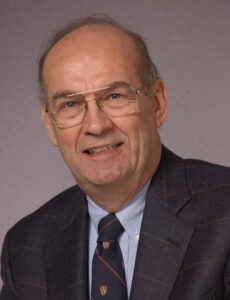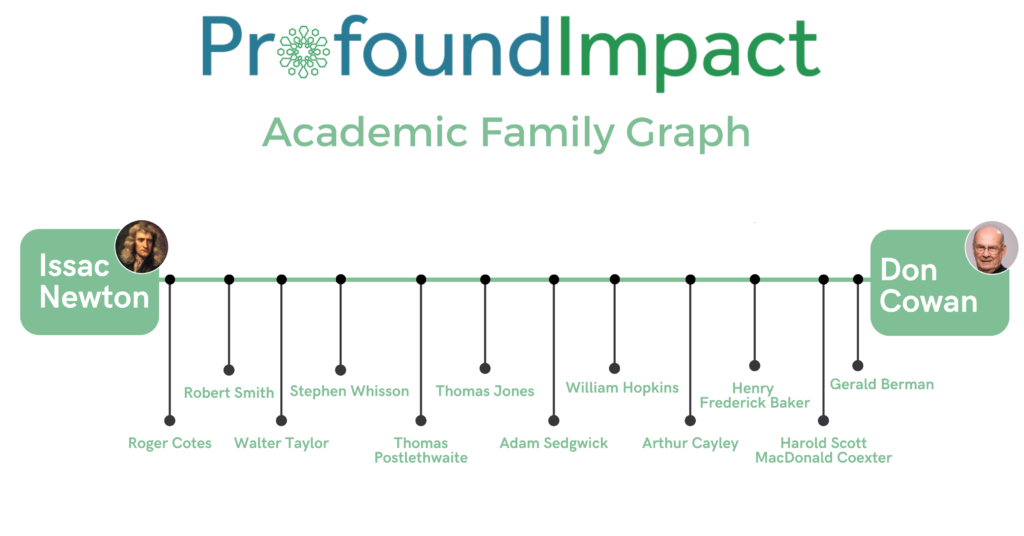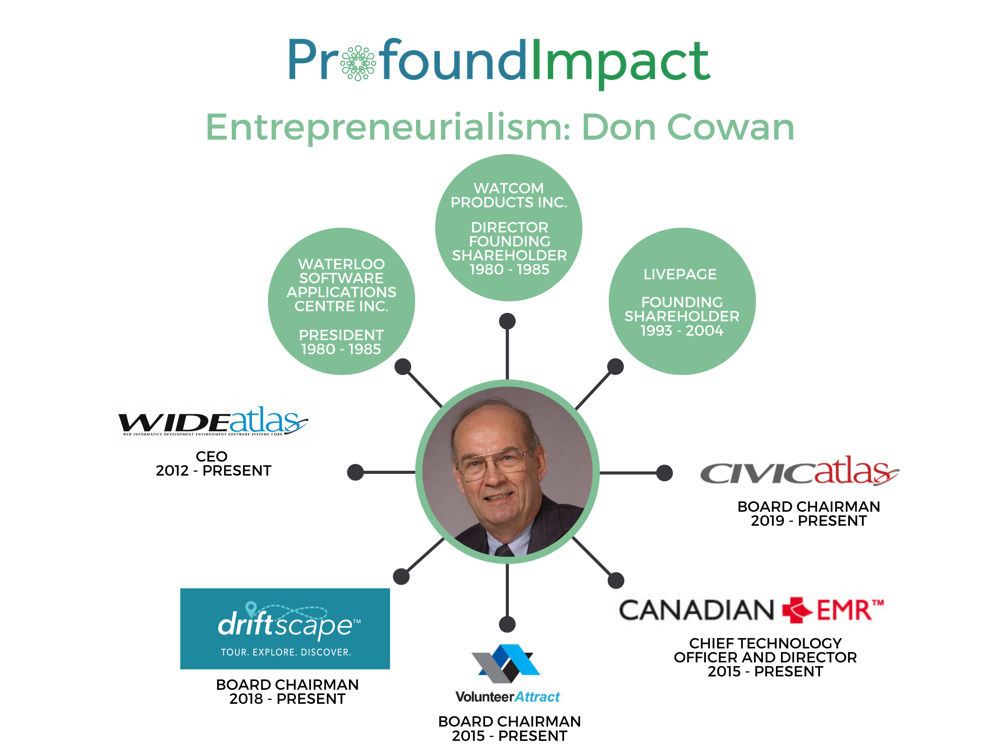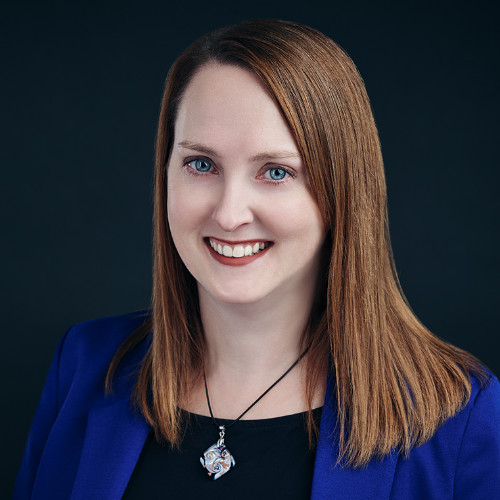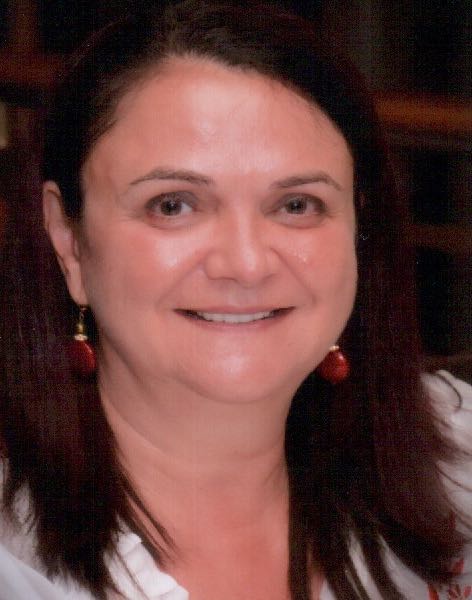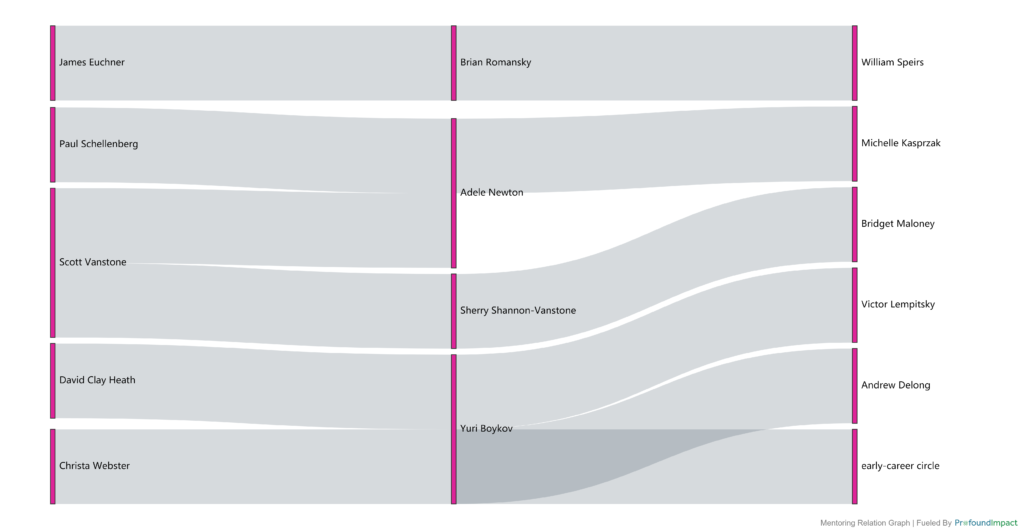James Wesley (Wes) Graham
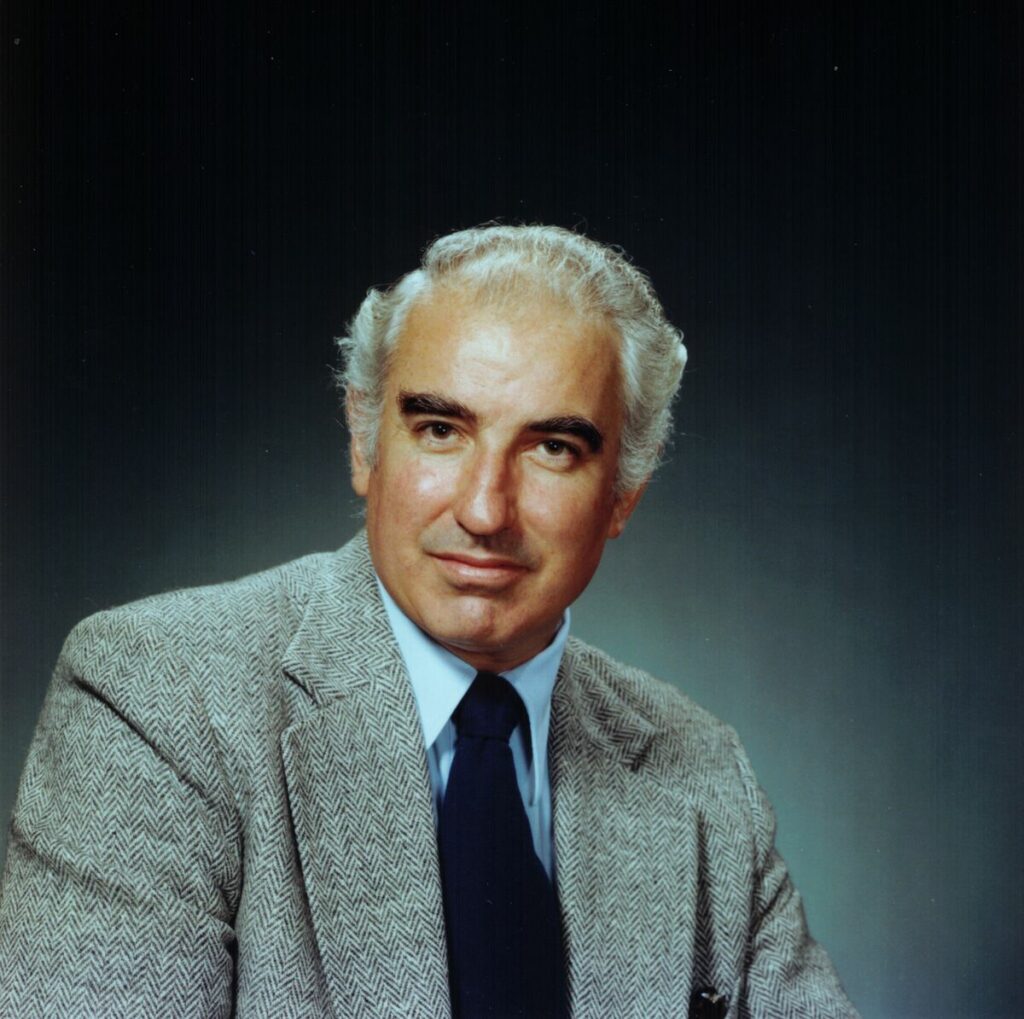
“Father of Computing” at the University of Waterloo
With exceptional leadership in the field of computer science and his dedication to making computers accessible to a wider audience, James Wesley (Wes) Graham (1932-1999) was known as the “Father of Computing” at the University of Waterloo. Serving as early director of the University of Waterloo’s Computing Centre, Wes had an active role in shaping computer science education worldwide. His experience teaching at the University inspired the creation of software to support education, particularly in programming and access to computers. Many of the software systems that would further enhance Waterloo’s international reputation were created under his leadership.
After starting his career as a systems engineer at IBM Canada, Wes joined the University of Waterloo in 1959 to teach statistics, where he quickly became one of the first professors offering courses in computer science. The move into this field brought exciting change and challenges for the University, leading to significant impact on Canadian and international computer science education and software development practices. Wes and other early professors were instrumental in establishing the department of computer science and in realizing the importance of computers to a wide range of applications providing opportunities for future generations.
Wes thoroughly enjoyed teaching and mentoring students and recent graduates throughout his career. Receiving the Distinguished Teacher Award from the University of Waterloo in 1978 was one of his proudest accomplishments. His professorship at the University and engagement with this burgeoning field of computer science allowed him to provide leadership and momentum in the growth of this new area that would establish a direction for others. Believing that computers should be available to the widest audience possible, Wes orchestrated the University of Waterloo’s investment in an IBM 360/75 computer in the mid 1960s, the most powerful computer in Canada at the time. He was influential in the development of the computer studies programs, along with hardware and software, for both university and high school students.
Wes was a champion of ‘ease of use’ for computers, long before ‘ease of use’ became central to the software industry. Recognizing that the available software was not designed for teaching purposes, Wes led a team in building a solution to facilitate learning. With four students and a junior faculty member, WATFOR (Waterloo Fortran Compiler) was built to solve speed of processing and obscure error reporting. Attracting worldwide attention, this compiler was eventually used in thousands of colleges and universities around the world as well as businesses and governments and led to the development of many other educational software systems at Waterloo.
With the intent of influencing software so that it could be better applied in education, Wes would often use the software to build his own programming examples for instructional books, providing candid feedback to the developers about his experience. If he felt software was confusing or had inappropriate error messages, he insisted it be improved. His determination was instrumental in the transformation of computing to make it accessible to more people. His approach and influence in the early WATFOR project helped make early Waterloo compilers successful—not just because of speed and efficiency, but because they were easier to use.
Wes’ hands-on approach to teaching was a reflection of his desire to provide leadership and guidance to others while exploring the many possible uses of computers. Many of the expectations Wes had for software and computing can be recognized in today’s systems and in the ongoing work of those who he mentored. In recognition of his many accomplishments Wes Graham was made an Officer of the Order of Canada in 1999.
Click on the image below to go to the Profound Impact™ academic ancestry graph connecting Wes Graham all the way back to Friedrich Leibniz!
Wes Graham had a long, impactful career as a professor, innovator and entrepreneur. You can view some of his most significant accomplishments listed in the image below.
Do you have an impact story to share? Let us know at connections@profoundimpact.com for a chance to be featured in an upcoming newsletter!
